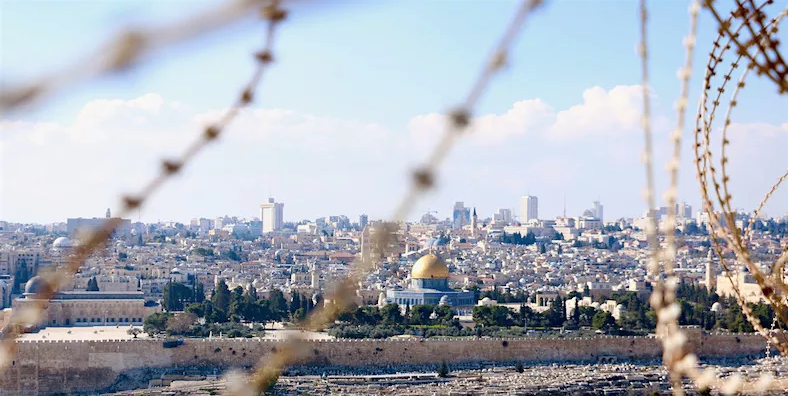Over the past few weeks, Israel’s foreign affairs have been mired in the backlash of the recent United Nations resolution regarding its settlement program. The passing of UN Resolution 2334 on 23 December 2016 sparked outrage over its condemnation of the nation’s settlement activities in Palestinian territories. The Resolution was prompted by growing concerns that settlement construction is eroding away at the region’s prospects for peace. Notably, the United States’ decision not to wield its veto power in the Security Council, which allowed the Resolution to pass, deepened the rift between Israel and the Obama administration. The ‘anti-Israel manoeuvre’ marked a significant diplomatic defeat for Israeli Prime Minister Benjamin Netanyahu, who has since become embroiled in a public war against the UN and members of its Security Council.
Resolution 2334 was co-sponsored by New Zealand, Malaysia, Senegal and Venezuela and adopted with a vote of 14-0. The Resolution was initially proposed by Egypt, however it was withdrawn under diplomatic duress from Israel and the US President-elect Donald Trump. The Resolution enshrined the global sentiment that the settlement development is in violation of international law and thwarts the prospect of a two-state solution. The Resolution declared the Palestinian territories in dispute ‘occupied’, and called for a cessation of all settlement activities in both the West Bank and remarkably, East Jerusalem.
Under the current status quo, settlements undermine Palestinian sovereignty, destabilise peace and the dichotomy between the autonomy of Palestinians and Israelis has led some commentators to decry the current situation as a quasi-apartheid state. Nonetheless, the Resolution did not call for any immediate action and thus appears a largely toothless and symbolic gesture intended to warn Israel, which has since suggested that it has no intention of abiding by its terms. However, Israel does fear that violation of the Resolution may result in economic sanctions or prosecution at the International Criminal Court.
Read the full article by Sarah Barrie at the Young Australians in International Affairs website.

